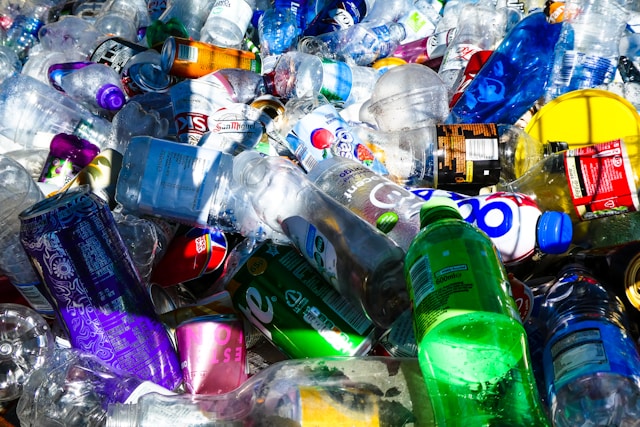Less than 10 % of plastics manufactured in 2022 were made from recycled materials
Only 9.5% of plastics produced globally in 2022 were generated from recycled materials. The findings, published in Communications Earth & Environment, are part of a comprehensive analysis of the global plastics sector, which also reveals a large increase in the amount of plastic being disposed of by incineration and substantial regional differences in its consumption.

250410 Ethel plásticos EN
Ethel Eljarrat
Director of the Institute of Environmental Assessment and Water Studies (IDAEA-CSIC)
This study compiles data for the year 2022 which serves to deepen the understanding of the chain of production, use, application and disposal of plastics. To this end, a detailed breakdown by polymer type and application sector is provided. In addition, the trade of plastic products along the entire supply chain, from raw material to plastic waste, is assessed.
The published data show that we continue with the same trends as in previous years. In terms of production, production continues to grow, exceeding 400 million tonnes per year, with 98% of plastic generated from fossil fuels and only 2% from bio-based sources; the largest plastic consuming sector continues to be packaging, with 41% of the total, and the industry of chemical additives associated with plastics continues to produce and market substances of concern for human health. In terms of waste generated, we continue to have very low recycling rates, below 10%.
This means that measures to curb the problem of plastic pollution are not having the desired effect. We have not been able to reduce plastic consumption; alternative, more biodegradable materials are not finding their place in the market, perhaps because of economic and technological barriers to their large-scale use; we have not been able to eliminate the presence of toxic additives in plastics; and the capacity to recycle plastic material is still insufficient. There is a clear need for urgent international agreements to curb plastic pollution. Such agreements should, first and foremost, set a cap on the global production of raw plastic. In addition, they should promote support for the implementation of bioplastics, legislate/prohibit the use of toxic additives and help to improve both mechanical and chemical recycling systems.
Houssini et al.
- Research article
- Peer reviewed



